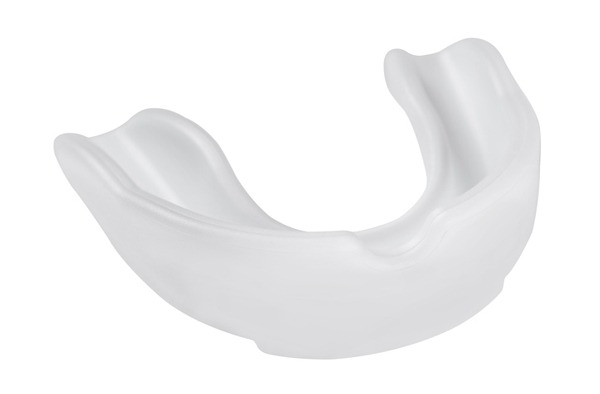It is common for people to grind their teeth or clench their jaw, particularly those who are under stress, smoke, or use caffeine. Also, if you use certain anti-anxiety medications, you may grind your teeth. People with a family history of clenching and grinding their teeth are also likely to do the same. Teeth grinding, also known as bruxism, can cause various dental problems. It can make your teeth become loose and can cause the chewing surfaces of the teeth to wear out. Additionally, this disorder can lead to jaw pain. You should see our team at Zenith Smiles when you notice that you are having bruxism symptoms. Our dental team can provide solutions to your teeth grinding problem.

Perhaps you grind your teeth or clench your jaw once in a while. Infrequently grinding of the teeth does not likely cause any harm, however, if it is habitual to you, then it could hurt your teeth, jaw muscles, and temporomandibular joints (TMJ). Grinding your teeth can change your facial looks and profile. It can loosen or fracture teeth. Moreover, it can harm the muscles of the jaw, neck, and TMJ. Teeth grinding can lead to wearing down of the teeth surfaces or enamel, which could lead to decay and sensitivity. You may even lose your teeth when they become loose, leading to other potential problems like the need for wearing dentures or getting dental implants. Teeth grinding leads to issues like jaw pain, headaches, and jaw clicking. You may even experience pain inside the ears or around them.
Many things can cause bruxism, including lifestyle habits such as the use of cigarettes, drinking alcohol, recreational drugs, and drinking a lot of caffeine - say more than six cups of coffee daily. Sleep disorders, anxiety, stress, and certain medications such as selective serotonin reuptake inhibitors may also be associated with teeth grinding.
No medications can stop teeth grinding. Our dentist may consider fitting a nightguard, which you wear in your mouth when heading to bed. A nightguard protects your teeth, TMJ, and muscles from the forces induced by grinding. You may also be prescribed a muscle relaxant that you take before bed. Exercise and physical therapy may also help. Moreover, reducing stress can assist in preventing teeth grinding.
Our dentist will construct a night mouthguard to wear while sleeping. A nightguard looks like a retainer and is made of hard or soft material. The nightguard covers your biting surfaces and you put it on either the top or bottom set of teeth. Patients have varying teeth patterns, and that is the reason why we advocate you have a custom-made nightguard that is molded to fit your teeth without causing discomfort or feeling bulky.
When you have the right nightguard, you prevent plaque formation because it is able to allow saliva to get to the gums. Saliva provides a natural cleansing power to the mouth. It neutralizes acids that contribute to cavities. Saliva washes away food debris, thus preventing the development of plaque. Furthermore, a customized mouthguard prevents changes in your bite.
To get a night mouthguard, visit us at Zenith Smiles for assessment. Contact us at (714) 838-0790 to schedule your appointment.
About Us • Tustin, CA • Zenith Smiles
Above all else, we here at Zenith Smiles make sure our patients maintain healthy, bright, and beautiful smiles! Click here to learn more, or give us a call!
Zenith Smiles – DSO, 1101 Bryan Ave. #D, Tustin, CA 92780 / (714) 838-0790 / zenith-smiles.com / 4/15/2024 / Key Phrases: dentist Tustin CA /